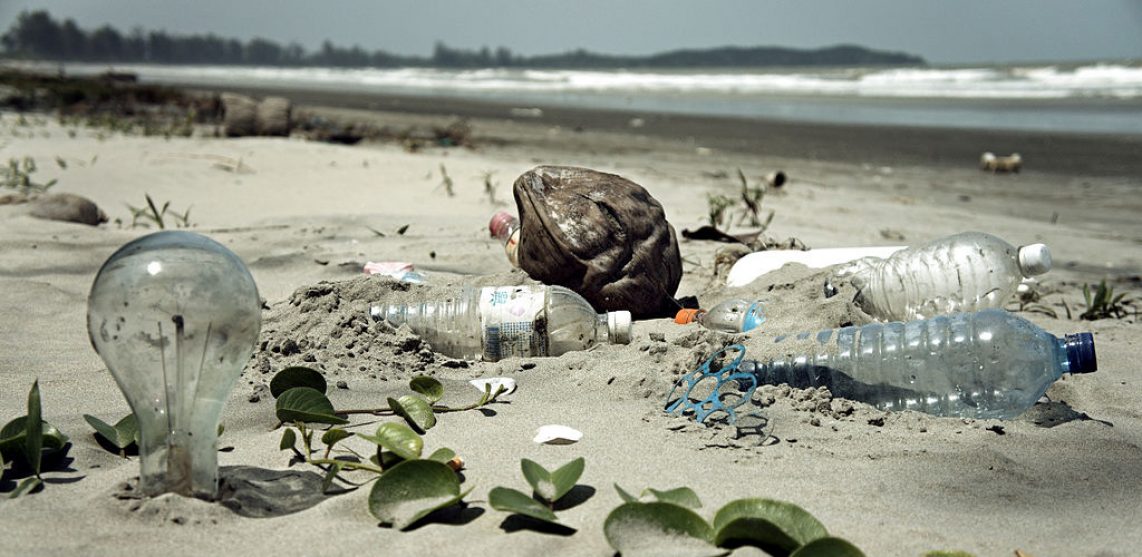Waste and Consumer Choice
This episode investigates tensions in thinking about waste; those between consumer choice and production practices. Perspectives from a sustainably-minded consumer and a Political Sociologist provide lenses for exploring how privilege influences consumer decision-making: Who is forced to think about change? Are there alternatives to our current capitalist production? Join Carrie D’Aprix and Leila Shirian in unpacking these complex questions.
Trouble in Paradise
Talking Shit
Severed by a Sword
For here or to go?
Convenience Culture
Text description
Waste Flows
Periods. Half of the human population deals with them, yet in most societies, they are considered too taboo for conversation. If you combine menstrual cycles with another controversial topic–waste–the result is an issue that people really don’t want to talk about: the unsustainability of disposable feminine hygiene products. In this episode, we will delve into the the history of these products, common ingredients in traditional pads and tampons, potential human and environmental health effects, and ways to combat the double taboo of periods and waste with sustainable products.
Bottle Mania
This podcast, Bottle Mania looks to tackle the big questions of just why do people use plastic water bottles, where did they come from and what can we do about them? This began with a question from one of the members from Sweden who was surprised to see how widely consumed plastic water bottles are here in the U.S. and at Cornell. As environmental science majors, the other three members had similars concerns about the wide usage of plastic water bottles. Together they decided to attain some answers by conducting an investigation regarding why plastic water bottles are so widely used specifically here on campus.
